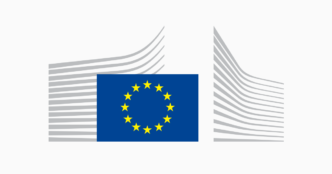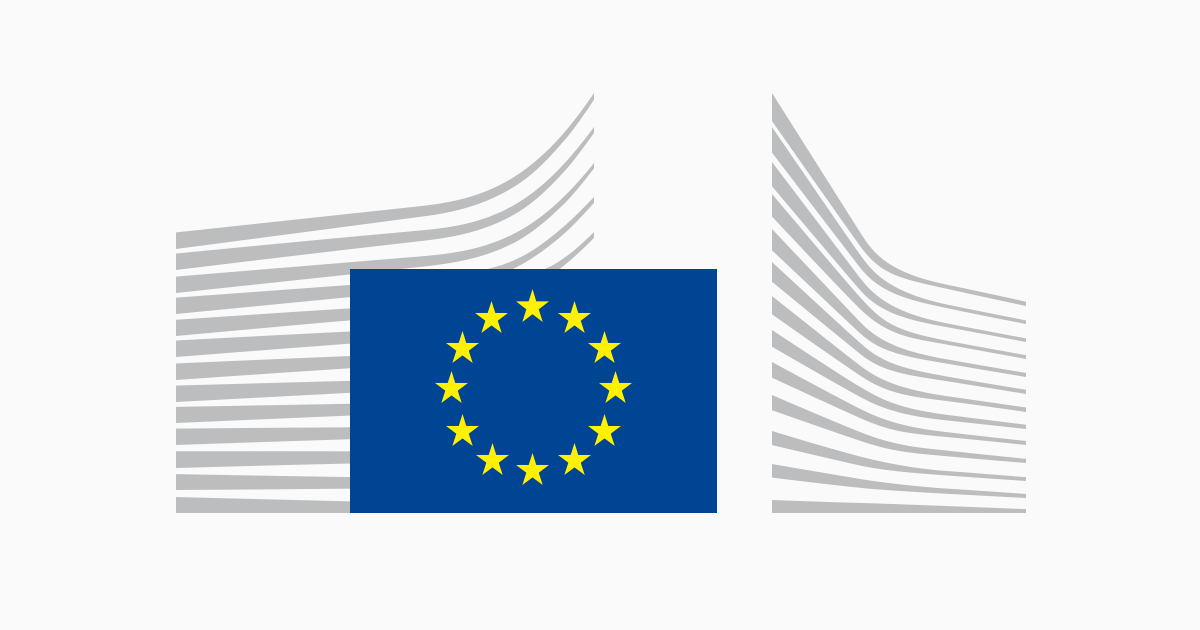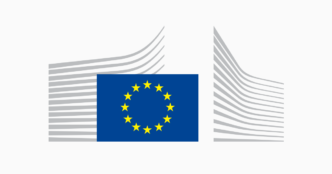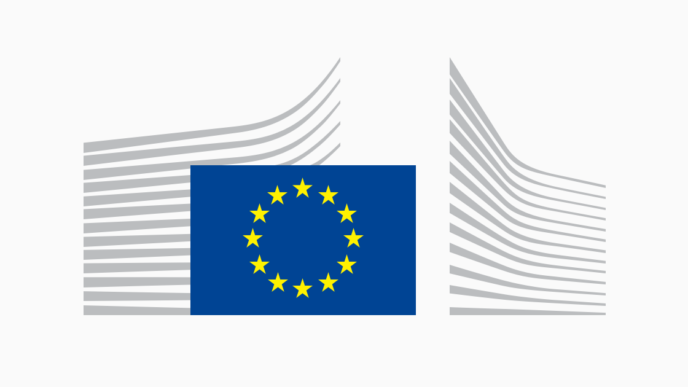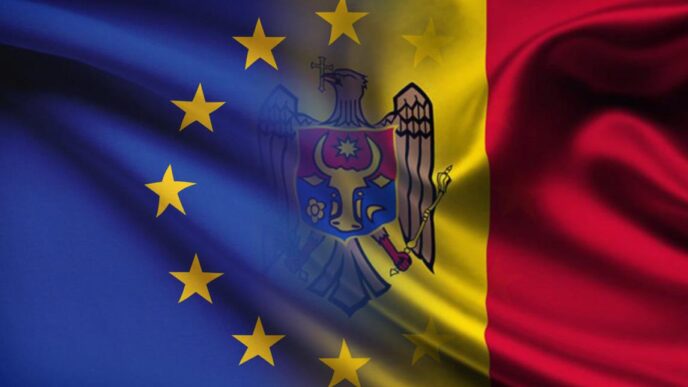World Bicycle Day (3 June), which celebrates cycling as ‘a simple, affordable, clean and environmentally fit sustainable means of transportation’ offers a timely opportunity to reflect on the impact of the European Declaration on Cycling. Adopted in April 2024, the Declaration marked a significant milestone in recognising cycling as a central component of EU mobility, climate, and public health policy.
One year on from its adoption, the EU Urban Mobility Observatory invited reflections from key stakeholders in the cycling industry to consider progress made to date and assess what work is still left to do to ‘unleash the full potential of cycling in the EU’. This article collates the responses, featuring insights from Philip Amaral, Policy and Development Director at the European Cycling Federation (ECF); Lauha Fried, Policy Director at Cycling Industries Europe (CIE), and Manuel Marsilio, General Manager at the Confederation of the European Bicycle Industry (CONEBI).
Contributors highlighted the Declaration as a political milestone with notable progress over the past year.
“Since the adoption of the European Declaration on Cycling in April 2024, EU Member States and stakeholders have made tangible progress in cycling infrastructure, policy, and investment” Marsilio stated. Two noteworthy examples highlighted were Paris, where €250 million has been invested in child-friendly cycling infrastructure, and Flanders, which continues to lead with up to €450 million in annual cycling investment.
“79 pro-cycling initiatives were initiated, adopted or implemented” added Amaral. These include Lithuania’s first-ever national cycling strategy, a new cycle infrastructure project in Strasbourg supporting multimodal travel, and expanded investments in bike-sharing and cycle lanes in Spanish cities. The Barcelona Metropolitan Area and the city of Palma have also indicated their commitment to supporting the implementation of the European Declaration on Cycling. “There is of course much more work to be done, but after just one year, I’m impressed that so many initiatives are happening across the EU to enable more citizens to cycle and enjoy the benefits of active mobility.”
Stakeholders also noted that momentum created by European Declaration on Cycling can be further leveraged through cycling action plans with clear targets and funding mechanisms, and scaling the most efficient measures and replicating the impact across the EU-27.
When considering how best to ensure cycling is inclusive and accessible, stakeholders underlined the importance of considering these aspects at the design stage as part of the whole transport system, with targeted investments in underserved communities, alongside affordable bike access and integration with public transport.
“To foster equitable cycling environments, cities and regions can implement… universal design principles [to] develop cycling infrastructure that accommodates individuals of all ages and abilities, including those with disabilities … and protected bike lanes – physically separated to enhance safety for all users” Marsilio noted. He also highlighted community engagement and programmes, particularly inclusive cycling initiatives promoting intergenerational cycling.
Fried echoed this – “Two of the most effective measures to improve accessibility and inclusivity in cycling are building dedicated, safe and connected cycling infrastructure linking… low-income areas to key destinations and public transport and improving affordable access to bikes for all citizens … While leasing has long been a successful model for company cars, it is now emerging as a powerful tool to make cycling more accessible for both individuals and businesses. It provides a cost-effective, accessible, and sustainable alternative to private car ownership fostering healthier, more efficient and more inclusive urban mobility.”
Finally, all stakeholders emphasised the key role that cycling awareness initiatives have in shaping attitudes and policies.
“Awareness-raising initiatives such as World Bicycle Day and the European Declaration on Cycling play a pivotal role not only in promoting cycling, but in anchoring it within broader European and international policy frameworks,” stated Marsilio.
“To accelerate the shift, setting bold targets, raising awareness, and replicating successful models from leading cities are key to paving the way for smarter, greener, and more liveable cities” added Fried.
Together, these reflections show that the Declaration is more than symbolic in value—it is a springboard for sustained action, investment, and alignment across all levels of governance to make cycling a cornerstone of Europe’s mobility future.
Author: Katie Millard
Views and opinions expressed are those of the author(s) and do not reflect those of the European Commission.
